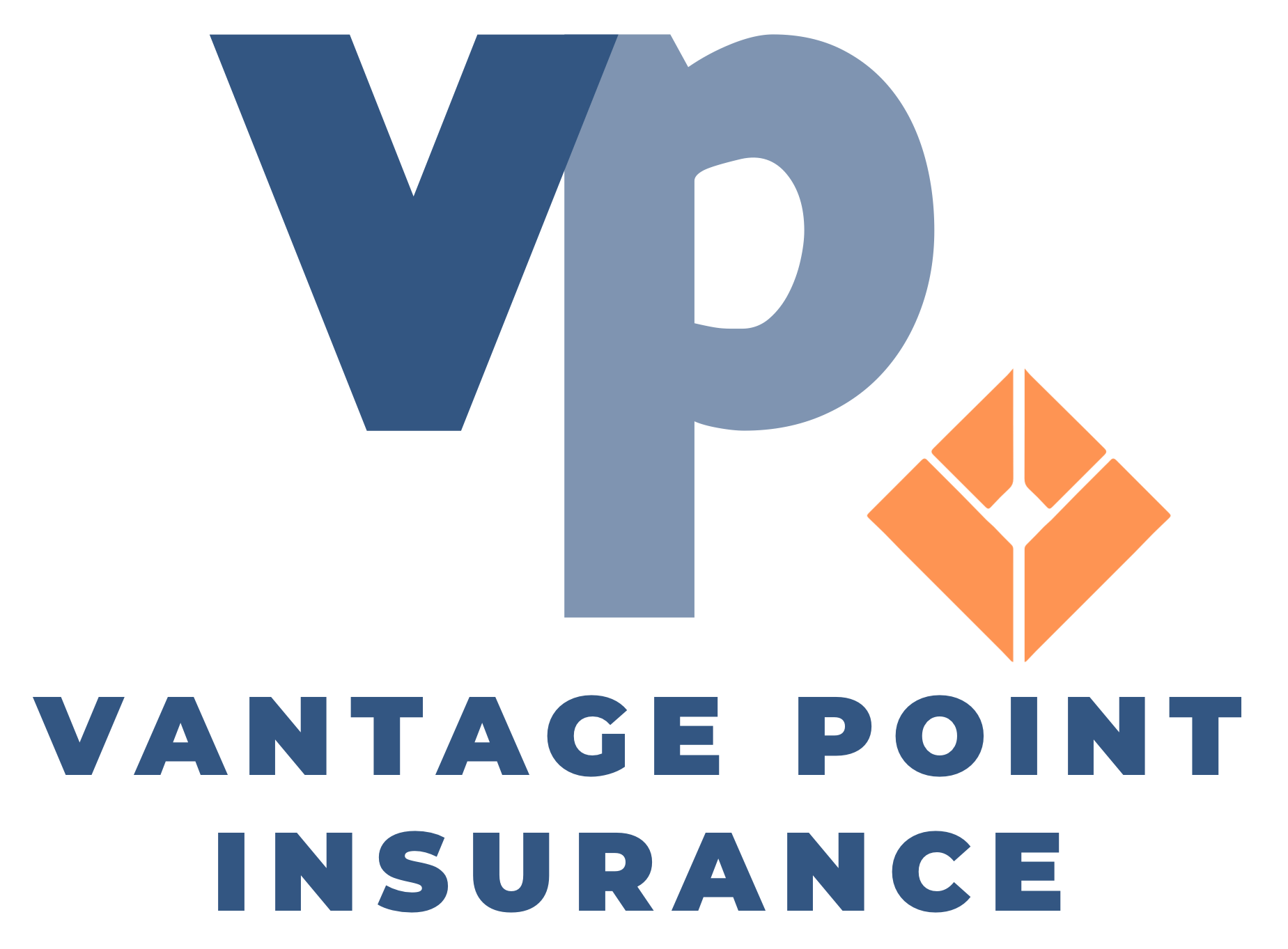In today’s complex financial landscape, being vigilant regarding hidden fees is becoming increasingly important. These seemingly innocuous charges can add up quickly, significantly impacting insurance costs. In this article, we’ll shed light on hidden fees, explore their impact on your finances, discuss ways to identify and avoid them and examine the legal aspects surrounding them.
Understanding the Concept of Hidden Fees in Insurance Costs
Hidden fees are not explicitly disclosed upfront charges, often buried in the fine print of policies. They may go unnoticed until it’s time to pay the bill, leaving you blindsided by unexpected expenses. While not all hidden fees are malicious, understanding their nature is crucial to protect your financial well-being.
Hidden fees have become prevalent in various industries, including banking and telecommunications. These fees can significantly impact your budget and financial planning, making it essential to know their existence and how they can affect your financial stability.
One common example of hidden fees is in the banking industry, where certain accounts may come with monthly maintenance fees that are not explicitly mentioned during the account opening process. These fees can eat into your savings or checking account balance, eroding your hard-earned money without your knowledge.
What are Hidden Fees?
Hidden fees can encompass a wide range of charges, from administrative to service charges. The common denominator is that these fees are not clearly outlined or adequately explained, making it difficult for consumers to make informed decisions.
Administrative fees are often tacked onto various services, such as airline tickets or hotel bookings. These fees, which may seem insignificant at first, can accumulate and inflate the overall cost of your travel expenses. It’s important to carefully review the terms and conditions before booking to avoid falling victim to these hidden charges.
Service charges are another hidden fee that can catch consumers off guard. For instance, an additional fee for activating the device or transferring data from your old phone may be charged when purchasing a new mobile phone. These charges are often not communicated, leaving customers surprised when they receive their bills.
How Hidden Fees are Incorporated into Policies
Insurance providers and financial institutions often use complex policy structures to incorporate hidden fees. These fees may be strategically buried within jargon-heavy documents, making them challenging for the average person to decipher. Understanding how hidden fees are integrated into policies can help you navigate the financial landscape with more confidence.
Regarding insurance policies, hidden fees can be disguised as administrative charges, processing fees, or even penalties for certain actions. For example, some car insurance policies may have hidden fees for changing your coverage or canceling your policy before a specified period. These fees may not be explicitly stated when you first sign up, leaving you surprised when you receive a bill or request a policy change.
Financial institutions like banks and credit card companies also employ hidden fees to generate revenue. These fees include overdraft charges, ATM withdrawals, or paper statement fees. While these fees may seem small individually, they can add up over time and significantly impact your financial health.
Understanding how hidden fees are incorporated into policies is crucial for protecting your financial interests. By carefully reviewing the terms and conditions, asking questions, and seeking clarification when necessary, you can avoid falling victim to these hidden charges and make more informed decisions about your finances.
The Impact of Hidden Fees in Your Insurance Costs on Your Finances
Hidden fees can substantially impact your financial health, potentially inflating your insurance costs beyond what you initially signed up for. By understanding how these fees affect your finances, you can make more informed decisions and take proactive steps to mitigate their impact.
Hidden fees are sneaky charges that can be added to your expenses without your knowledge or consent. They can covertly add to your insurance costs in various ways, making it crucial to be vigilant and informed when managing your finances. These insurance costs can quickly accumulate, from additional charges for specific policy features to transaction fees and penalties.
For example, when signing up for a credit card, you may be enticed by attractive rewards and benefits. However, hidden fees, such as annual fees, foreign transaction fees, and balance transfer fees, can lurk in the fine print. These fees can significantly increase the overall cost of using the credit card, impacting your financial well-being.
Similarly, hidden fees can also affect insurance policies. While the premium may seem affordable initially, additional fees for policy amendments, late payments, or cancellations can quickly inflate your insurance costs. It is essential to carefully review the terms and conditions of any insurance policy to ensure you are aware of all potential hidden fees.
Moreover, hidden fees can have long-term financial implications. Over the years, these charges can eat away at your hard-earned savings and seriously impact your ability to meet financial goals. For instance, the compounding effect can significantly reduce your overall returns if you have multiple investments with hidden fees.
You can safeguard your financial future by proactively identifying and addressing hidden fees. Start by thoroughly researching and comparing financial products and services before committing. Read through the fine print and ask your service providers about any potential hidden fees. Regularly review your bank and credit card statements to catch any unexpected charges.
Furthermore, educating yourself about personal finance and understanding the various fees associated with different financial products is crucial. By being well-informed, you can make better decisions and choose options that align with your financial goals and priorities.
In conclusion, hidden fees can significantly impact your finances, potentially inflating insurance costs and hindering your financial progress. By staying vigilant, educating yourself, and addressing hidden fees, you can better protect your financial well-being and work towards a more secure future.

Identifying Hidden Fees in Your Policy
Spotting hidden fees requires a careful eye and attention to detail. By knowing the common hidden fees and how to read the fine print, you can better identify and avoid these lurking charges.
When managing your finances, you must know the fees that can eat into your hard-earned money. Hidden fees can be sneaky, often camouflaged within the complex language of policy documents. However, you can navigate the financial landscape more effectively with knowledge and a keen eye.
Common Types of Hidden Fees
While the spectrum of hidden fees is vast, several common types tend to be more prevalent. These can include account maintenance fees, statement fees, early termination fees, and late payment penalties. Familiarizing yourself with these commonly encountered hidden fees can help avoid unpleasant surprises.
Account maintenance fees are charges imposed by financial institutions to cover the cost of managing your account. These fees can be monthly or annual and quickly add up over time. On the other hand, statement fees are charges for receiving paper statements instead of opting for electronic statements. It’s essential to consider going paperless to avoid these unnecessary expenses.
Early termination fees can be a significant source of frustration for consumers. These fees are often imposed when you end a contract or agreement prematurely. Whether it’s canceling a gym membership or terminating a cell phone contract, these fees can be quite substantial. It’s crucial to read the fine print and understand the terms and conditions before entering into long-term commitments.
Another hidden fee to watch out for is the late payment penalty. Missing a payment deadline can result in hefty fines, further damaging your finances. It’s important to stay organized and track your payment due dates to avoid these penalties. Setting up automatic payments or reminders can help ensure that you never miss a payment.
Reading the Fine Print: Spotting Hidden Fees
Reading the fine print can often feel like deciphering a foreign language. However, reviewing policy documents carefully can unveil hidden fees that might otherwise fly under the radar. Look for keywords such as “administration,” “processing,” or “service” fees. Pay close attention to the disclosure sections and any clauses that might indicate additional charges.
It’s also worth noting that hidden fees can sometimes be buried within lengthy paragraphs or presented in a way that makes them easy to overlook. Therefore, reading each sentence carefully ensures you don’t miss any crucial information. If you encounter any terms or phrases you don’t understand, don’t hesitate to seek clarification from the provider.
Furthermore, comparing different policies or offers from multiple providers is advisable. Doing so, you can better understand the fees associated with each option. This comparison can help you make an informed decision and choose a policy that aligns with your financial goals.
In conclusion, identifying hidden fees requires a combination of diligence, patience, and understanding. By familiarizing yourself with the common hidden fees and carefully reading the fine print, you can protect yourself from unnecessary charges. Remember, knowledge is power when it comes to managing your finances.
Ways to Avoid Hidden Fees
While hidden fees may seem unavoidable, there are steps you can take to minimize their impact on your finances. By negotiating your policy terms and selecting the right insurance provider, you can proactively avoid hidden fees and secure a more transparent financial future.
Negotiating Your Policy Terms
Regarding policies with hidden fees, there may be some room for negotiation. Don’t be afraid to ask questions and seek clarification on potential charges. You can better understand your policy and potentially negotiate more favorable terms by advocating for yourself.
Choosing the Right Insurance Provider
Choosing the right insurance provider is crucial in avoiding hidden fees. Research different providers and compare their transparency, customer reviews, and complaint histories. Look for companies that prioritize clarity and have strong reputations regarding hidden fees. Selecting your insurance provider choice can help safeguard against unexpected charges.
Legalities Surrounding Hidden Fees
Fortunately, consumer protection laws exist to safeguard against unfair hidden fees. By familiarizing yourself with these regulations, you can better understand your rights and take appropriate action if you believe you have been subjected to unfair practices.
Consumer Protection Laws and Hidden Fees
Consumer protection laws aim to promote fair and transparent business practices. These laws generally require companies to disclose all fees upfront, ensuring consumers have the information to make informed choices. Educating yourself about your rights as a consumer can empower you to take action if you encounter unfair hidden fees.
Reporting Unfair Hidden Fees
Reporting the issue is essential if you suspect you have been subjected to unfair hidden fees. Contact the appropriate regulatory body in your jurisdiction to file a complaint and seek resolution. By reporting such practices, you protect yourself and contribute to a fairer and more transparent marketplace for everyone.
While hidden fees in policies can be frustrating and financially draining, knowledge is power. You can take control of your financial well-being by understanding the concept of hidden fees, their impact on your finances, how to identify and avoid them, and the legalities surrounding these charges. Stay vigilant, read the fine print, and choose your providers wisely to ensure hidden fees don’t drive up insurance costs.

